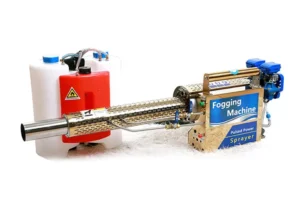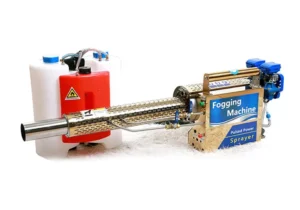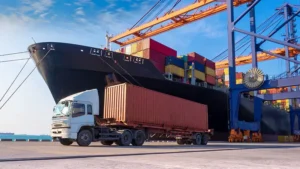Stevia sugar, derived from the plant Stevia rebaudiana, is transforming the global sweetener market. As brands worldwide pursue healthier and sugar-free alternatives, Stevia has become one of the most demanded natural sweeteners for beverages, food, and nutraceuticals. In this article, we’ll explore Stevia’s grades, global standards, and practical sourcing strategies for B2B buyers and procurement professionals seeking reliable Chinese suppliers.
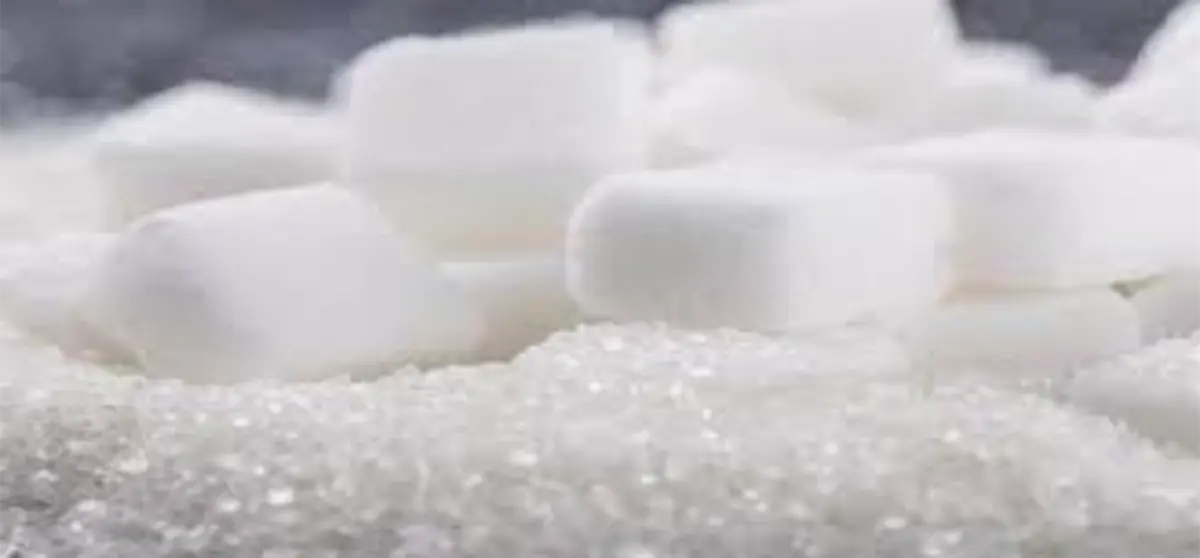
🌿 What Is Stevia?
Stevia is a natural, plant-based sweetener extracted from the leaves of Stevia rebaudiana. The key active compounds—steviol glycosides—are up to 400 times sweeter than sugar but have almost zero calories. Compared with artificial sweeteners like Aspartame (E951) or Sucralose (E955), Stevia offers a natural alternative that fits modern demands for health-conscious and diabetic-friendly formulations.
Today, China is the largest producer and exporter of Stevia sweeteners, supplying over 80% of global demand. Most Stevia plantations are located in Guangxi, Anhui, Jiangxi, and Hunan provinces, known for their advanced extraction facilities and ISO-certified production lines.

🏷️ Stevia Grades and Classification
Stevia products vary by purity level, steviol glycoside composition, and sweetness intensity. Understanding these grades is crucial for buyers and procurement managers sourcing the right quality for beverages, supplements, or food formulations.
| Grade | Main Compound | Purity | Sweetness (vs Sugar) | Taste Profile | Typical Use |
|---|---|---|---|---|---|
| Low-Purity Stevia Powder | Mixed Steviosides | 30–50% | 30–50× | Grassy, slightly bitter | Domestic/low-end food |
| Medium Grade Stevioside | Stevioside | 80–90% | 150–250× | Mild aftertaste | Beverages, candies, baking |
| High-Purity Rebaudioside A | Reb A | 95–99% | 250–400× | Clean, sugar-like | Export-grade drinks, premium food |
| Ultra-Pure Rebaudioside M | Reb M | ≥99% | 350–450× | Closest to sucrose | Pharma, functional drinks |

Buyers seeking white label or rebranding opportunities can customize packaging, granule size, and flavor profiles to meet market preferences. Strategic suppliers often offer OEM / ODM services to adapt Stevia formulations for regional taste standards.
🌎 International Export & Quality Standards
When evaluating Stevia sweetener suppliers, it’s essential to verify compliance with international food-grade certifications. These credentials determine whether a product can enter specific markets:
- JECFA (FAO/WHO) – Global safety and purity standards
- EU Regulation E960 – European approval for Steviol Glycosides
- GRAS (US FDA) – Generally Recognized as Safe status
- ISO9001 / HACCP / Halal / Kosher – Common certifications for export factories
- FCC (Food Chemicals Codex) – Defines purity and testing methods

Most leading Chinese factories—such as those in Shandong, Hunan, and Zhejiang—adhere to these frameworks and export to global beverage brands in the US, EU, Japan, and South America. For buyers in regions like the Middle East or LATAM, it’s recommended to ensure Halal and Kosher certification before shipment.
💡 Choosing the Right Stevia for Your Product
Not every Stevia powder fits all applications. Below is a professional sourcing guide:
| Application | Recommended Grade | Suggested Steviol Type |
|---|---|---|
| Soft drinks, iced tea | Reb A ≥95% | Clean and stable sweetness |
| Baking, confectionery | Stevioside 85–90% | Balanced taste with texture retention |
| Pharmaceuticals, supplements | Reb A 99% / Reb M | High purity, neutral flavor |
| Daily consumer packets | Stevia + Erythritol blend | Affordable sugar-free solution |
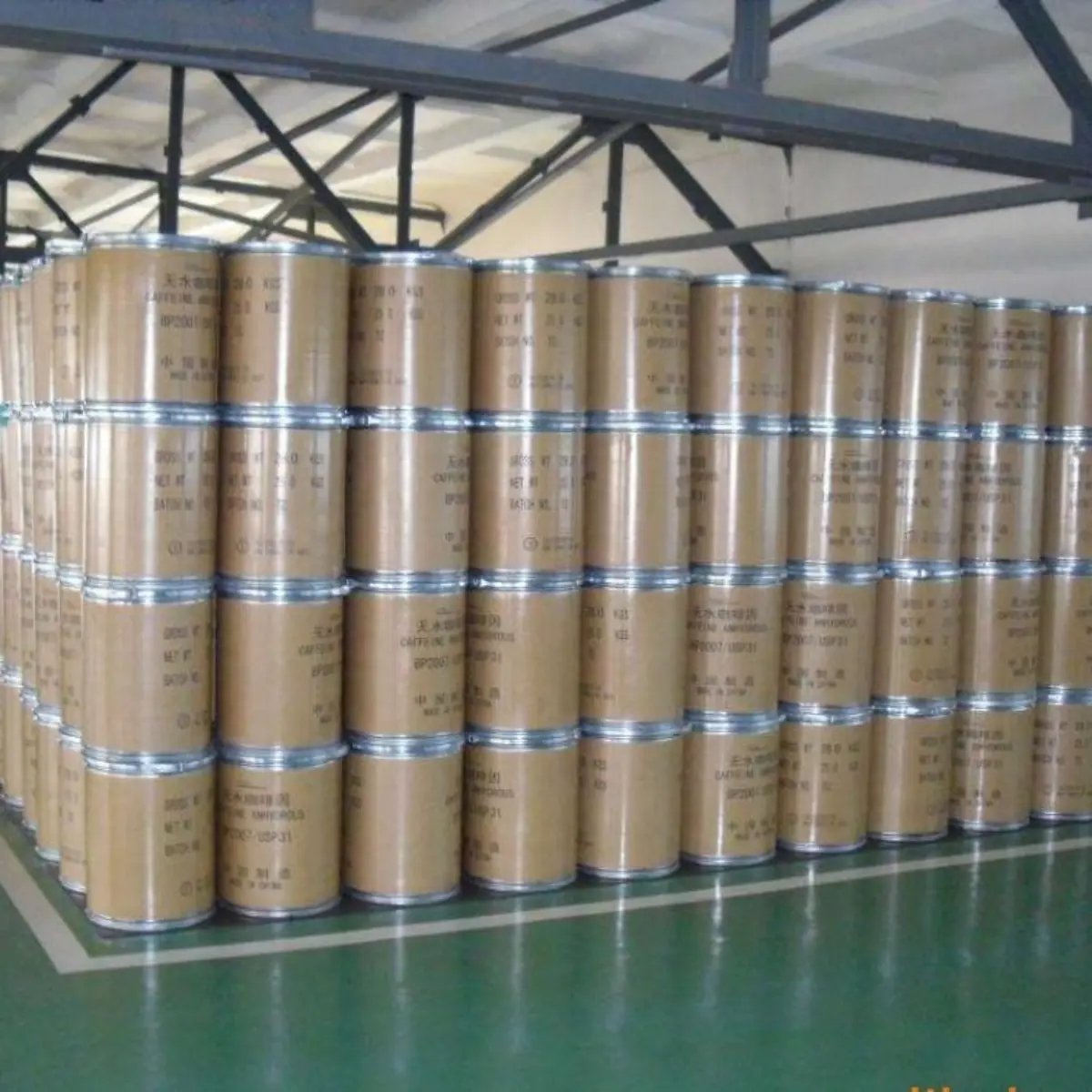
For B2B buyers, working with a verified China sourcing agent ensures access to authentic factories and competitive pricing. Agents can also manage labeling, branding, and export documentation, helping your company build a private label or white label Stevia brand efficiently.
🏭 Strategic Sourcing & Procurement Tips
Modern procurement no longer focuses solely on cost—it’s about strategic sourcing and supply stability. Companies engaged in direct procurement or indirect sourcing can benefit from structured approaches similar to those in Ariba procurement systems or strategic procurement platforms.
- Strategic Sourcing: Evaluate suppliers for quality, lead time, and certification, not just price.
- Procurement Outsourcing: Engage professional procurement companies in China for vetting, factory audits, and shipment consolidation.
- Brand Integration: Use rebranding and brochure designing to strengthen your marketing presence when exporting Stevia-based products.
- Digital Tools: Platforms like 1688 China website or Alibaba can help identify Stevia factories, but sourcing agents ensure authenticity and negotiation advantages.
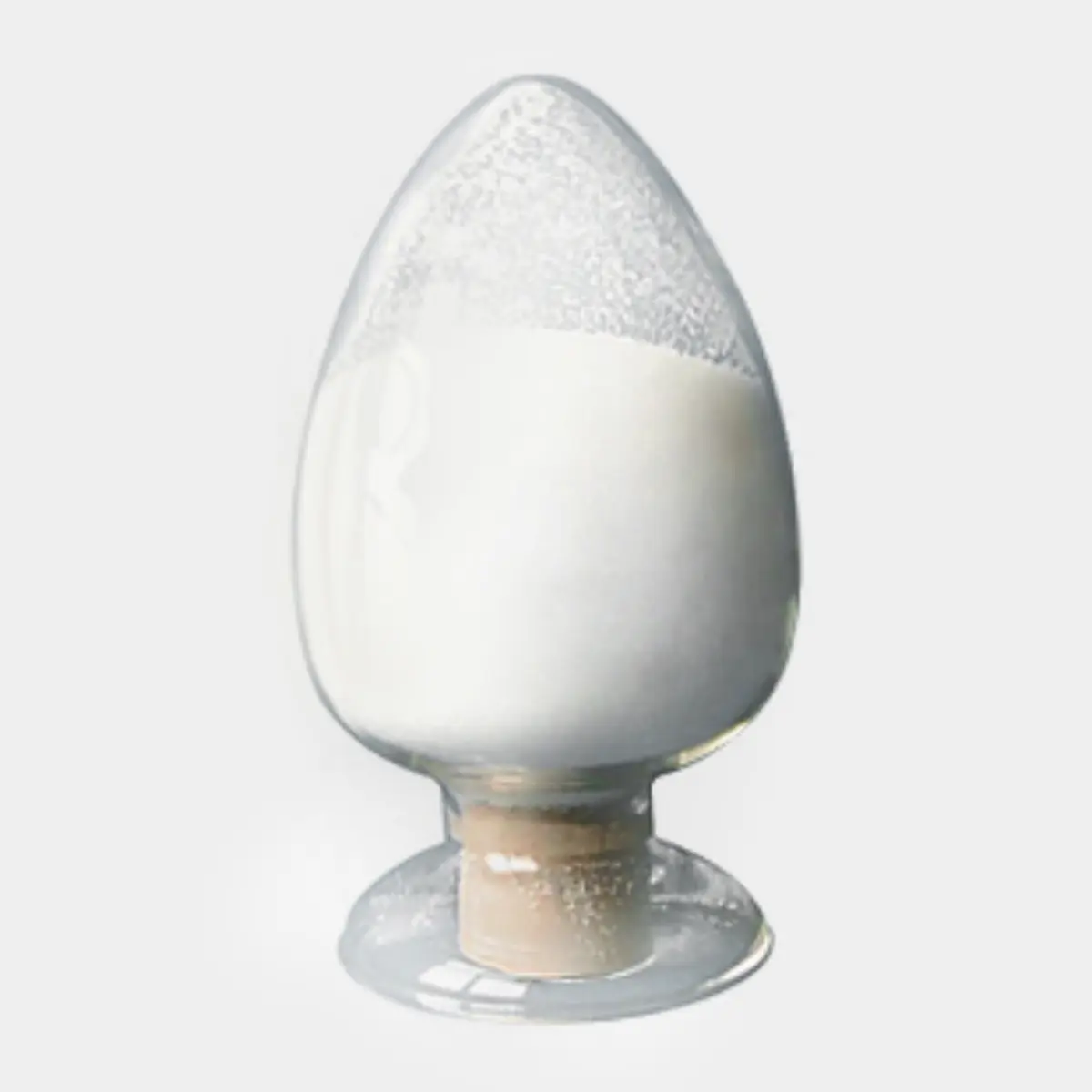
🚀 Why Source Stevia from China?
China dominates global Stevia exports because of:
- Integrated plantation + extraction + export systems
- Competitive production cost and reliable logistics
- Strong R&D and ability to tailor white label or private label formulations
- Strict compliance with international quality standards

At Sourcingate.com, we connect international buyers with verified Chinese Stevia manufacturers. Our procurement managers handle every step—from supplier selection, contract negotiation, to shipment tracking—ensuring your Stevia sourcing project runs smoothly and safely.
📦 Final Thoughts
Whether you’re sourcing Stevia sweetener for food, beverage, or health products, understanding grades and certifications is key to achieving stable quality and compliance. Collaborating with experienced China sourcing partners allows your brand to scale faster while maintaining product integrity.
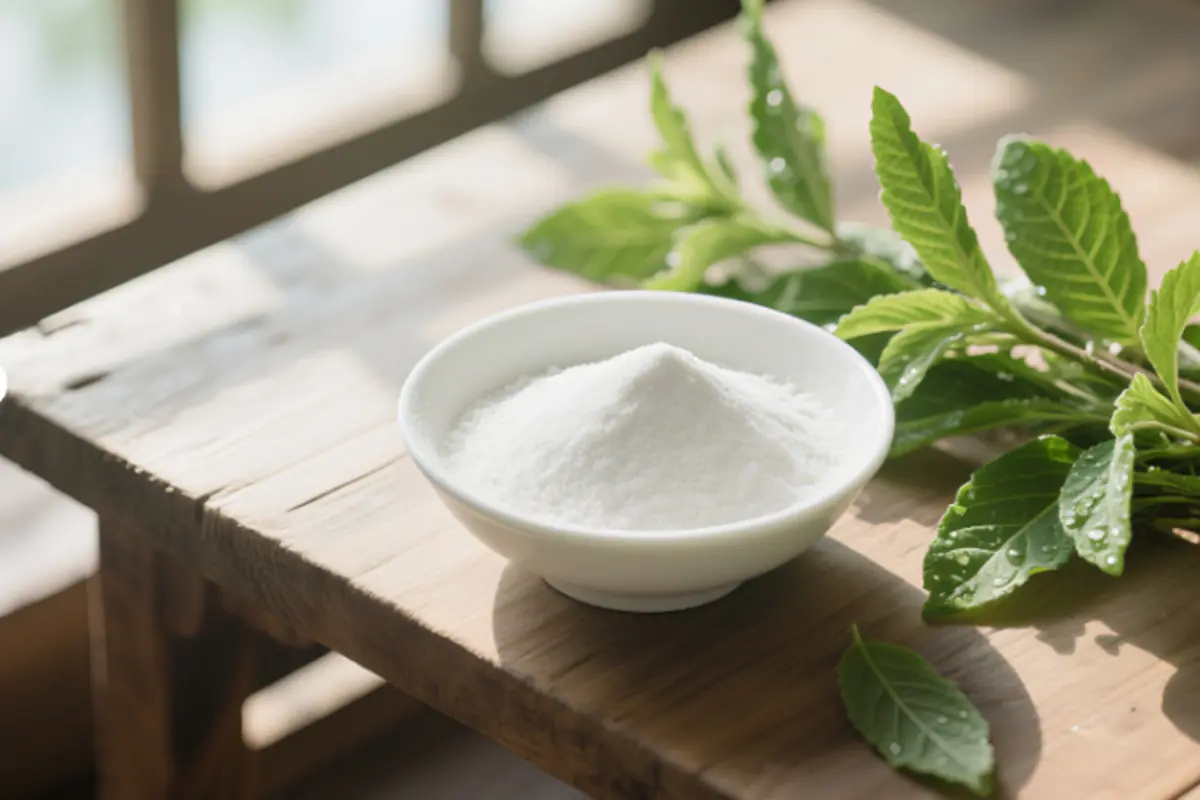
We have deep insight into China’s Stevia Sugar market. Our team has screened all major Stevia Sugar factories and selected only the most reliable sources to supply our clients with premium-quality products. If you’re ready to expand your product line or build your private label Stevia brand, we’re here to help.
📞 Contact Information
Website: https://sourcingate.com/
Whatsapp: +86 15258090639
Email: mimi@sourcingate.com
